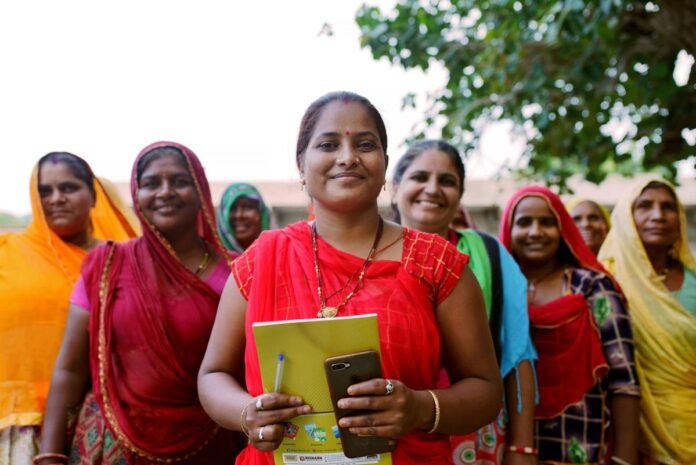Empowering Women Through Digital Financial Services: A Case Study from Cambodia
In the evolving landscape of financial technology, the collaboration between organizations like Women’s World Banking and the Visa Foundation has illuminated a path toward greater financial inclusion for underserved women. Their work in developing nations, particularly in Cambodia, showcases the transformative potential of digital financial services in bridging the gender gap in banking.
The Challenge of Financial Exclusion
In Cambodia, between two and three million low-income young individuals lack access to traditional banking accounts. Despite being tech-savvy and possessing mobile phones, these individuals remain on the fringes of the financial system. This disconnect highlights a critical issue: while technology has advanced, access to financial services has not kept pace, especially for women.
A Model for Change
Building on a successful model from Bangladesh, Women’s World Banking partnered with a private banking institution to introduce a mobile wallet app specifically designed for garment factory workers—over 90% of whom are women. This initiative aimed to empower these women by providing them with a digital platform for managing their finances.
Training and Empowerment
Initially, many women opted to cash out their payments as soon as they received them, reflecting a lack of confidence in using digital financial tools. However, through hands-on training sessions, these workers began to explore the full range of services offered by the app. By December 2022, the program had expanded to 60 factories, reaching over 84,000 women. Remarkably, 40% of these women became active users of their digital accounts, engaging with services such as savings accounts and short-term loans for the first time.
The Importance of Digital Identification
Access to fintech products is fundamentally tied to digital identification. For women to fully engage with the digital economy, they must possess a reliable form of identification. Governments must implement periodic assessments to ensure that women have access to digital IDs, which are crucial for accessing various financial services.
Bridging the Technology Gap
Access to technology is another significant barrier. Women in low- and middle-income countries are 17% less likely to own a mobile phone than men. Public policies can play a pivotal role in closing this gender gap. For instance, reducing barriers such as the requirement for government ID when purchasing a mobile phone can facilitate greater access for women.
The Need for Gender-Disaggregated Data
To effectively manage and improve women’s financial inclusion, it is essential to gather gender-disaggregated data. This data can provide insights into which policies and markets are making progress and which are lagging behind. Regulators should advocate for the collection and reporting of this data, as well as information on the gender diversity of staff within financial institutions.
Government Payments and Women’s Financial Health
Government programs often represent a vital source of income for women. The G20 should support the development of mechanisms that enable direct deposits of government payments into women’s digital accounts. This would empower women to utilize these funds for various financial transactions, including savings and credit, thereby enhancing their financial stability.
Promoting Gender Diversity in Leadership
The role of gender-diverse leadership teams cannot be overstated. Research from Findexable indicates that women constitute only 11% of board members in fintech companies and 19% of executives. To better serve the needs of women customers, it is crucial to build capacity among women in leadership roles and establish peer networks focused on gender-inclusive policies and workplaces.
Keeping Women’s Voices at the Center
As the G20 collaborates with financial companies, it is vital to keep women’s needs and voices at the forefront of the fintech revolution. The potential of new technologies to empower women is immense, and it is essential that this opportunity is not squandered.
This initiative in Cambodia serves as a powerful example of how digital financial services can transform lives. By addressing barriers and fostering an inclusive environment, we can ensure that the benefits of fintech reach those who need them most.

